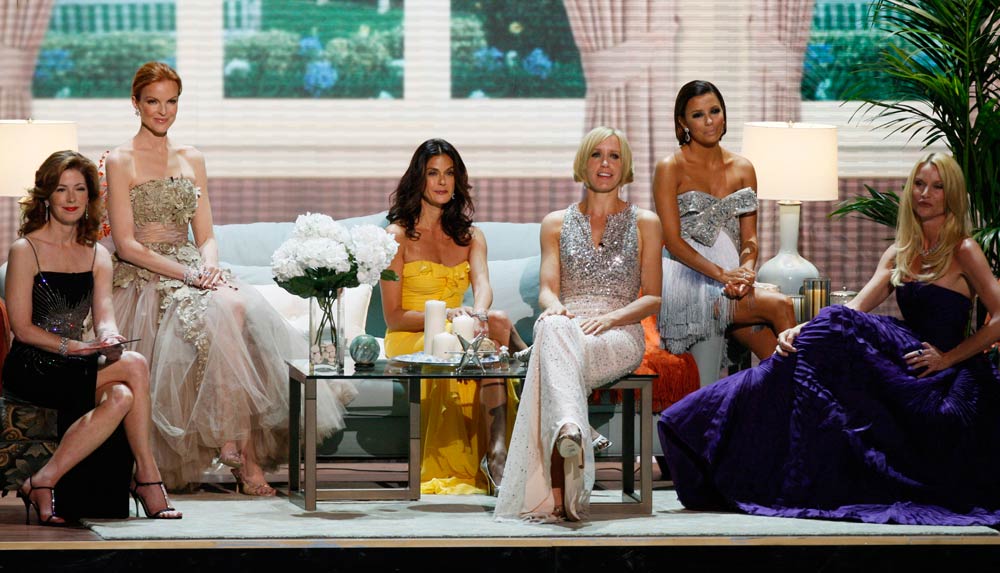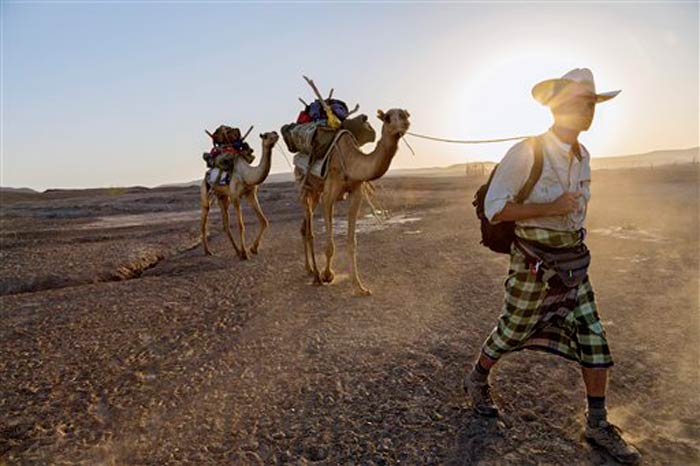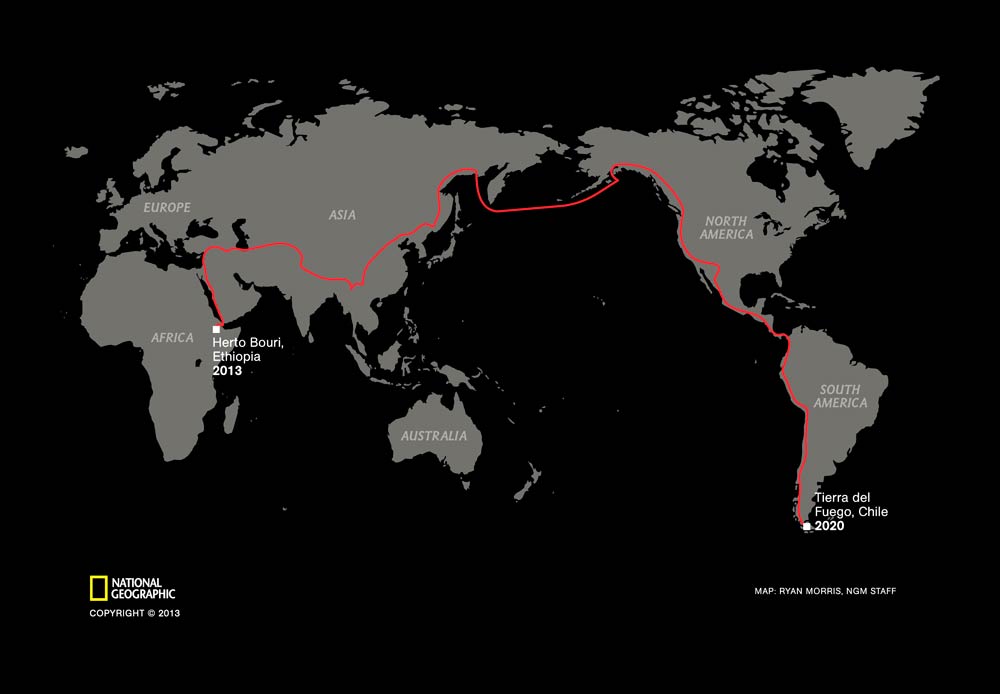An Africa with abundant resources, where you simply scatter seeds and harvest fruit, and everybody is a friend and a welcome guest. An Africa where stories are told under the stars and songs are sung around the fire, where beer is drunk and wisdom passed on to robust, hopeful young people. That is the Africa Stephen Rwangyezi (58), founder of Ndere Troupe, the biggest cultural group in Uganda, is trying to capture and preserve for generations to come.
Many times, it has been like trying to catch lightning in a bottle. In his quest to preserve culture, he has been thrown out of a wedding where he was scheduled to perform, he and other members of Ndere Troupe were scrapped off the programme list at a presidential event, and he was dubbed the devil by a reverend.
The Africa he seeks to show the world is one many cannot quite fathom. It is in sharp contrast with the images of desperation, hunger, poverty and a hopeless generation that can only pass on the culture of dependence.
“But we are blessed. Beautiful culture, lovely weather,” he says. “When my mother cooks, she always takes into account extra people who may visit unannounced. She can do this because everything in Africa is in abundance.”
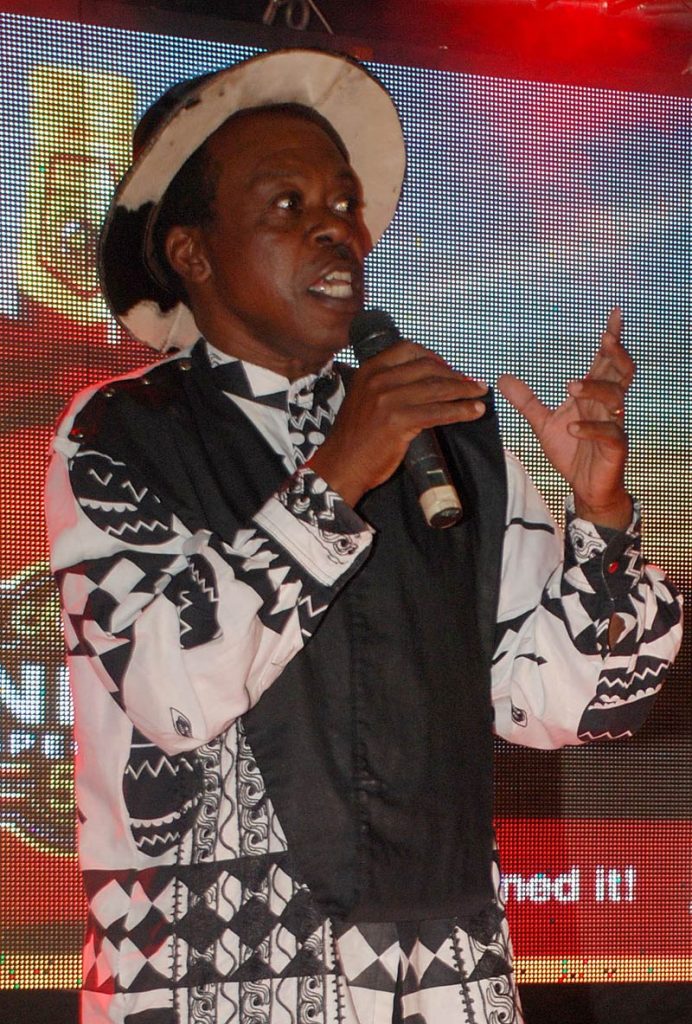
Rwangyezi still vividly remembers the day he was called the devil. He tells the story with sad eyes. That day, he was attending the wedding of one of one of his mentees who once performed with Ndere Troupe. Coming from an indigent family and going through primary school only because of his ability to play the flute, Rwangyezi has a special relationship with the young people he trains. He selects those with underprivileged backgrounds and nurtures them in African performance while paying for their education in the best schools in the country. He says they are like sons and daughters to him.
So on this day when he was called the devil, he was really a father attending the wedding of one of his daughters. When she said “I do”, Rwangyezi played African drums that infuriated the reverend.
“Where is that devilish sound coming from?” he asked.
When her husband, an army man, said “I do”, his team played the brass band and the reverend said: “Now that is music!”
A deeply hurtful experience, no doubt. But Rwangyezi says it is hard to blame people like the reverend who preach the gospel of “the colonial church”, for Africa is suffering under cultural enslavement and the continent needs a new liberation. To Rwangyezi, cultural enslavement is even more dangerous than colonialism and slavery because it is perpetrated by African leaders.
“If the World Bank says it will not fund music on the curriculum, the announcement is made by our president. We are blind to the real forces behind.”
Rwangyezi’s mission is to change the notion that all things African are evil, backward and pagan. He has come a long way from 1984 – when he would perform for an audience of three – to travelling the world and being the face of Ugandan cultural music. He laments that Africans are fast adopting the ways of the west – western dress, western religion and western food – without stopping to think about whether or not it is good for them. On the other hand, Rwangyezi says, the western world is doing all it can to preserve its culture because they know how important cultural identity and pride is.
“Our children will never forgive us when they grow up and go to the diaspora and realise that they have no identity,” he says. “We are still slaves in our own land. We are growing tobacco but can you eat tobacco if there is famine? We grow it because the colonialists said so. We must think of ways to find ourselves again.”
An Africa with dilapidated museums, where local languages are forbidden in schools, culture and history is undocumented. An Africa where the young think success means long hair weaves and American SUVs. Rwangyezi is determined to rewrite this script.
“African music was only performed in the dark, now we are putting it on a bigger stage for the world to see,” he says. “We want to show that you can be educated and still appreciate culture. We are documenting African culture so that a Chinese can one day prepare kwon kal [millet bread] with the recipes we leave behind. So that you can know the name and origin of that African hairstyle you have.” He looks at my short, twisted nappy hair.
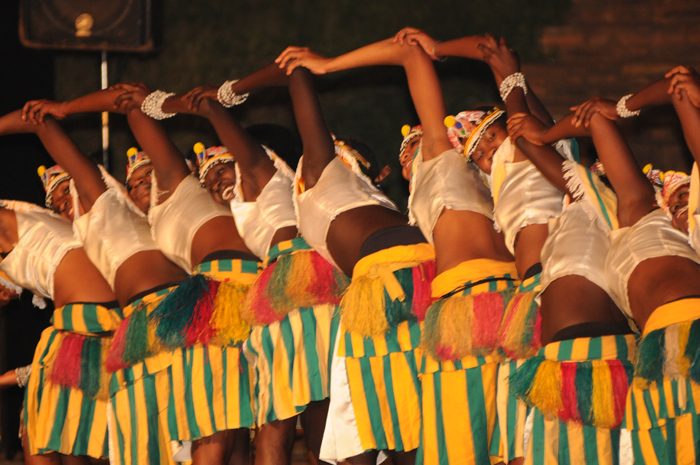
Rwangyezi believes that teaching culture to the young is the key to transforming Africa.
“I saw my father not being as happy as he would have liked to be, restricted by civilisation,” he says of his upbringing. His father despised African music but his other relatives loved it. They encouraged him to pursue his passion and taught him African culture.
“I saw genuine happiness among these ‘backward’ and ‘primitive’ people. I saw fantastic music but I only saw it in the night. African music was never nurtured and allowed to grow in spite of its beauty,” he says nostalgically.
He preaches African culture with conviction, even if he did get married in a church. He laughs a little when I point this out, saying: “Culture is dynamic. I am wearing a suit even though I am a cultural practitioner.”
As our afternoon together comes to a close, a woman – one of his employees – approaches him, kneels down and whispers something. In some cultures in Uganda, women must kneel when speaking to elders and men. I ask him if he is not concerned about culture being on a collision course with human rights ideals like women equality, pointing out the African culture has been a mask for many evils like female genital mutilation and domestic violence.
“I would never support FGM or violence,” he says. “But when it comes to kneeling, it does not mean that the woman is inferior. Japanese are a world power, but don’t they bow? It is their identity. Culture grows and must be interpreted progressively.”
To Rwangyezi, the real threat to African culture is lack of government commitment and media that have failed to amplify cultural voices.



